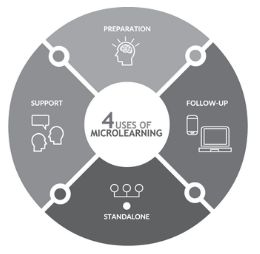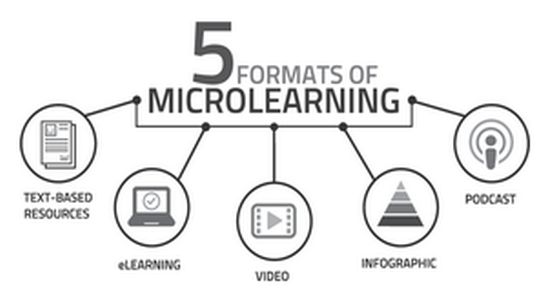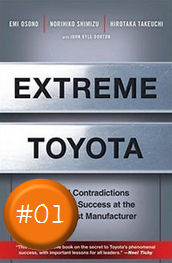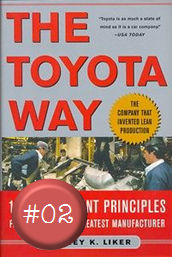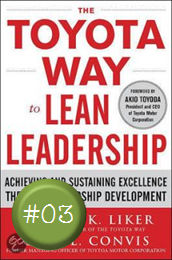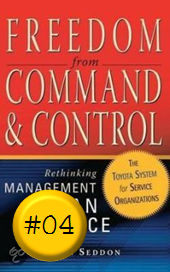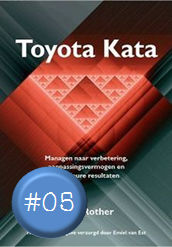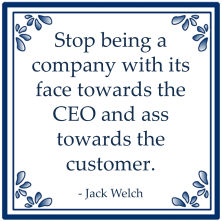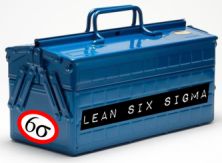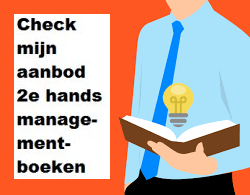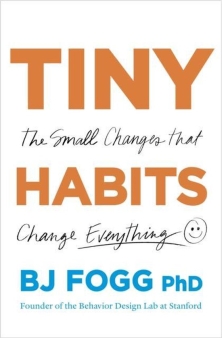Carla Torgerson en Sue Iannone beschrijven in hun boek Designing Microlearning - What Works in Talent Development wat zij verstaan onder microlearning:
![]()
Microlearning defined
What is microlearning? In many ways, microlearning is just a mash-up of many things learning professionals have already been creating and providing: just-in-time learning, performance support, post-training refreshers, and much else. The common thread for these pieces of learning is that they can be consumed quickly.
So, microlearning can be any learning content that stands alone or supports other learning activities, such as instructor-led classes, e-learning modules, and simulations. Microlearning can be used in four key ways:
-
Preparation before a learning event.
-
Follow-up to support a learning event.
-
Stand-alone training.
-
Performance support.
(...)
Think about how and when your learners will use the microlearning content. What would make most sense for them? With informal learning (learning that is not required), people will tend to gravitate to things they can consume in about four minutes or less, so shorter is definitely better. Further, our experience with formal learning is that it may need to be five to eight minutes to really teach a concept effectively.
The real definition is that microlearning is a short-form content that is just long enough to give learners what they need at that moment and get on with their work. But it's always helpful to be specific, so we'll define microlearning as any learning content that can be consumed in less than 10 minutes. This includes:
- three to five pages of structured, well-spaced text
- a five- to eight-minute e-learning module
- a four minute video
- a one-page infographic
- A five-minute podcast
(...)
[A]ny recommendation about length is a guideline; microlearning is any content that aids in learning or supporting performance that is short in length that meets the needs of the learner.
Now, let's consider each of the different microlearning content types in detail. There are five common formats for microlearning:
-
Text-based resources: can take many forms. They include job aids and performance support, but also things many people think of as simple communications, such as newsletters, blogs, emails and more.
-
E-learning modules: effective way to make content interactive and/or if you need to track whether the learner completed the learning program.
-
Videos: main types include interviews, live action, animation or computer simulation; especially powerful for showing anything that happens over time, like processes or procedures.
-
Infographics: visual way of presenting information, often with limited text (telling a visual story); especially useful when the learner is time crunched or needs to access information quickly.
-
Podcasts: audio recordings that the learner listens to; useful in cases where the learner has a lot of idle time but is able to listen to something during that idle time.
There are many kinds of infographics; most professional infographic designers say there are eight to 13 different kinds. The ones that are most relevant to microlearning are:
- list (list information about a subject)
- data or visualized numbers (provides statistics about a topic; where the number itself or an image representing the number is the focal point)
- how-to-guide (provides step-by-step instructions)
- flowcharts (starts from a single point and branches based on decisions)
- timeline (tells how something changed over time)
- comparison (compares and contrasts two subjects)
- hierarchical (stacks information based on previous levels or steps)
Bron: Designing Microlearning - What Works in Talent Development, Carla Torgerson & Sue Iannone






